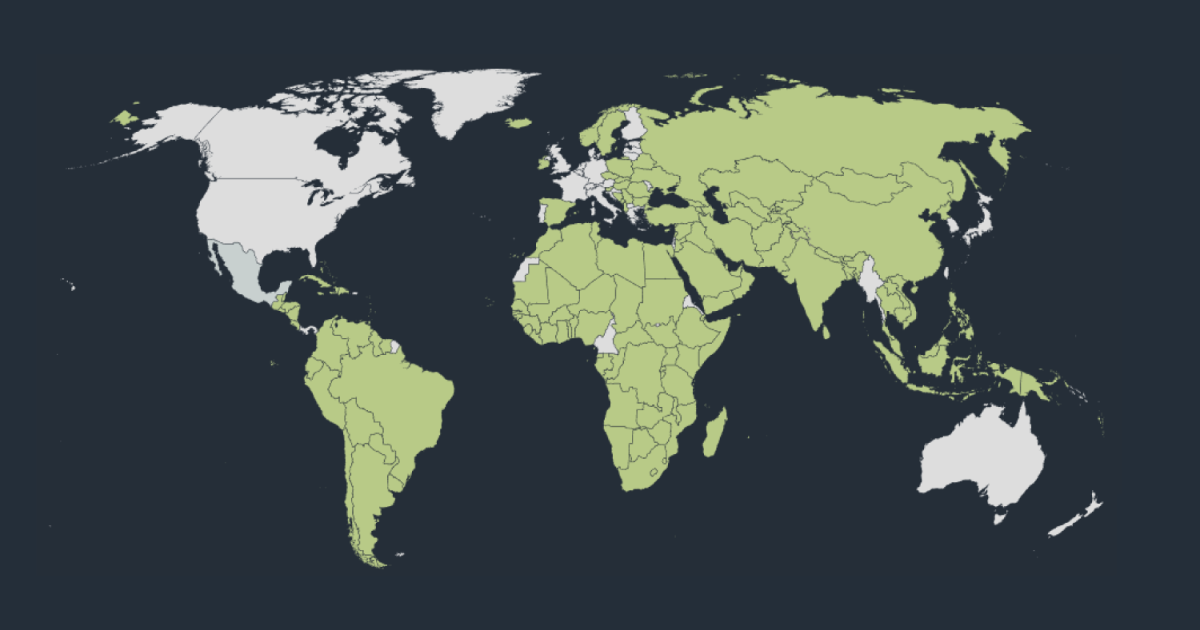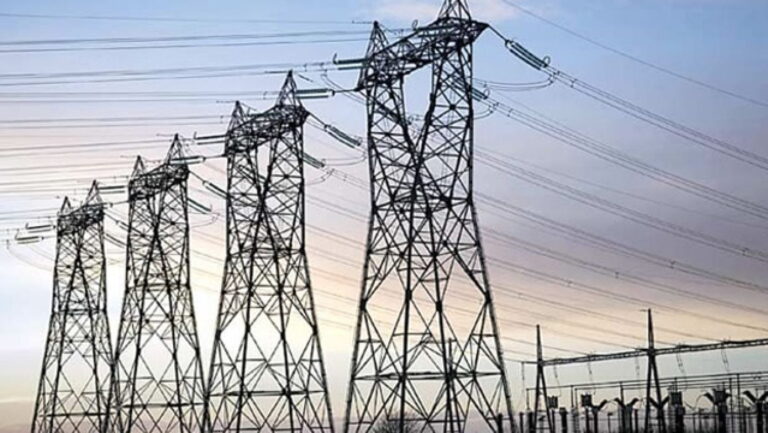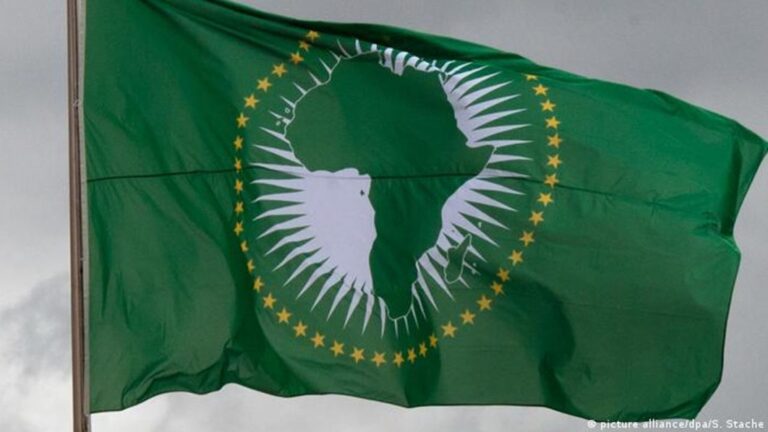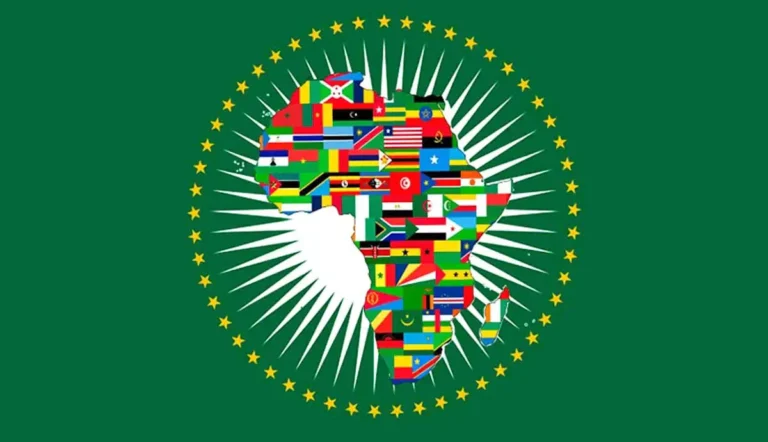
When the Palestine Liberation Organization (PLO) declared statehood in November 1988, celebrations erupted across much of the Arab world and the Global South. Within days, dozens of governments extended recognition, placing Palestine on the diplomatic map even without full territorial control. That moment marked the beginning of a global divide. Today, the list of countries that officially recognize the State of Palestine exceeds 140 United Nations members. Yet many of the world’s most powerful states — including the United States, the United Kingdom, Germany, France, and Japan — continue to withhold recognition.
The question remains: Why have so many nations embraced Palestinian statehood while others hold back? The answer lies in history, solidarity, geopolitics, and the enduring struggle at the heart of the Israeli–Palestinian conflict.
Early Supporters (1988–1990s)
The first wave of countries that officially recognize the State of Palestine came from Arab and Muslim-majority nations. For them, recognition was a direct expression of solidarity with the Palestinian struggle against Israeli occupation. Countries like Algeria, Saudi Arabia, and Egypt made recognition central to their regional politics.
Alongside them, many members of the Non-Aligned Movement — nations recently emerging from colonial rule in Africa and Asia — saw the Palestinian fight as a mirror of their own struggles for independence. India, for instance, recognized Palestine in 1988, linking its history of anti-colonial resistance to support for Palestinian self-determination. South Africa, freshly liberated from apartheid in the 1990s, also joined the list of countries that officially recognize the State of Palestine, drawing a clear moral parallel between its own history and Palestine’s plight.
The Global South Wave
In Africa, solidarity with Palestine became part of a broader stance against oppression and foreign domination. Nations like Namibia, Angola, and Tanzania consistently framed their recognition as rooted in anti-apartheid and decolonization values.
In Asia, countries such as Indonesia, Pakistan, and Malaysia never established relations with Israel and instead emphasized cultural and religious solidarity with Palestinians. Recognition was not only diplomatic but symbolic — a rejection of what they viewed as colonial dispossession in the Middle East.
In Latin America, the movement grew stronger in the 2000s. Countries like Brazil, Argentina, Chile, and Bolivia joined the list of countries that officially recognize the State of Palestine, influenced by large Palestinian diaspora communities and shifting left-leaning governments. Recognition in the region symbolized both solidarity and a rejection of U.S.-led diplomacy that often tilted toward Israel.
Europe’s Divided Stance
Europe tells a more complicated story. Some Eastern European nations, including Poland and the Czech Republic, recognized Palestine during the Cold War under Soviet influence. Yet today, they are more aligned with Israel and the U.S.
Meanwhile, parts of Western and Northern Europe have taken cautious steps. Sweden formally recognized Palestine in 2014, citing human rights and the failure of peace negotiations. Parliaments in Ireland, Spain, and Norway have passed resolutions urging recognition, reflecting frustration with ongoing occupation and humanitarian crises in Gaza.
Still, most of Western Europe, including the United Kingdom, France, and Germany, remain aligned with Washington’s stance: recognition should come only as part of a negotiated two-state solution. This hesitation keeps Europe divided and highlights the political weight of the Israeli–Palestinian conflict inside NATO and EU foreign policy.
Motivations Behind Recognition
The list of countries that officially recognize the State of Palestine is long, but their motivations differ.
- Historical Solidarity: Many African and Asian countries see their colonial experiences mirrored in Palestinian dispossession.
- Religious and Cultural Links: Muslim-majority states align with Palestine as part of a shared Arab and Islamic identity.
- Diaspora Influence: In Latin America, large Palestinian communities successfully lobbied for recognition in countries such as Chile and Honduras.
- Moral and Humanitarian Grounds: South Africa’s government often invokes its anti-apartheid struggle to justify recognition. Ireland recalls its own history of colonial oppression and resistance.
- Geopolitical Strategy: For some states, recognizing Palestine signals independence from U.S.-led Middle East policy. Others use recognition as a bargaining tool in broader regional or global alliances.
Countries That Do Not Recognize Palestine
Despite the growing list of countries that officially recognize the State of Palestine, some of the world’s most influential powers remain firmly against unilateral recognition. The United States, the United Kingdom, France, Germany, Japan, Canada, and Australia all withhold recognition.
Their reasoning is consistent: recognition should result from negotiations between Israel and the Palestinians, not unilateral moves. They argue that official recognition outside a peace deal could undermine Israel’s security and complicate diplomatic efforts.
This position reflects not just policy but geopolitical alignment. The U.S. is Israel’s closest ally, and Western Europe often follows Washington’s lead. Japan and Australia, tied into U.S.-led defense and trade networks, also remain cautious.
Current Developments (2020s)
The list of countries that officially recognize the State of Palestine may soon expand. Recent wars in Gaza, escalating humanitarian crises, and international court proceedings have increased pressure on Western governments to act.
In the European Union, momentum is building. Ireland, Norway, and Spain have openly signaled they could soon join Sweden in recognition. Latin American states such as Colombia and Chile have hardened their pro-Palestinian stances after recent conflicts.
At the UN General Assembly, support for Palestine’s inclusion as a full member continues to grow, with over 140 countries backing the move. Still, U.S. vetoes at the Security Council block any binding decision.
Global Impact of Recognition
The list of countries that officially recognize the State of Palestine reflects a deeper story of global divisions. For the Global South, recognition reinforces narratives of solidarity, decolonization, and justice. For much of the West, refusal to recognize Palestine reflects a mix of security concerns, alliances, and adherence to peace-process diplomacy.
This division shapes not only the Israeli–Palestinian conflict but also broader questions of international law, human rights, and the balance of power between North and South.
Closing
The Palestinian flag now flies at the United Nations Headquarters in New York, a powerful symbol of recognition by the majority of the world’s nations. Yet without support from the U.S. and other Western powers, full international legitimacy remains elusive.
The list of countries that officially recognize the State of Palestine proves that statehood is not only a legal or territorial question but also a global political struggle. The lingering question is clear: if over 140 nations already stand with Palestine, what will it take for universal recognition — and could that recognition finally shift the course of peace in the Middle East?



